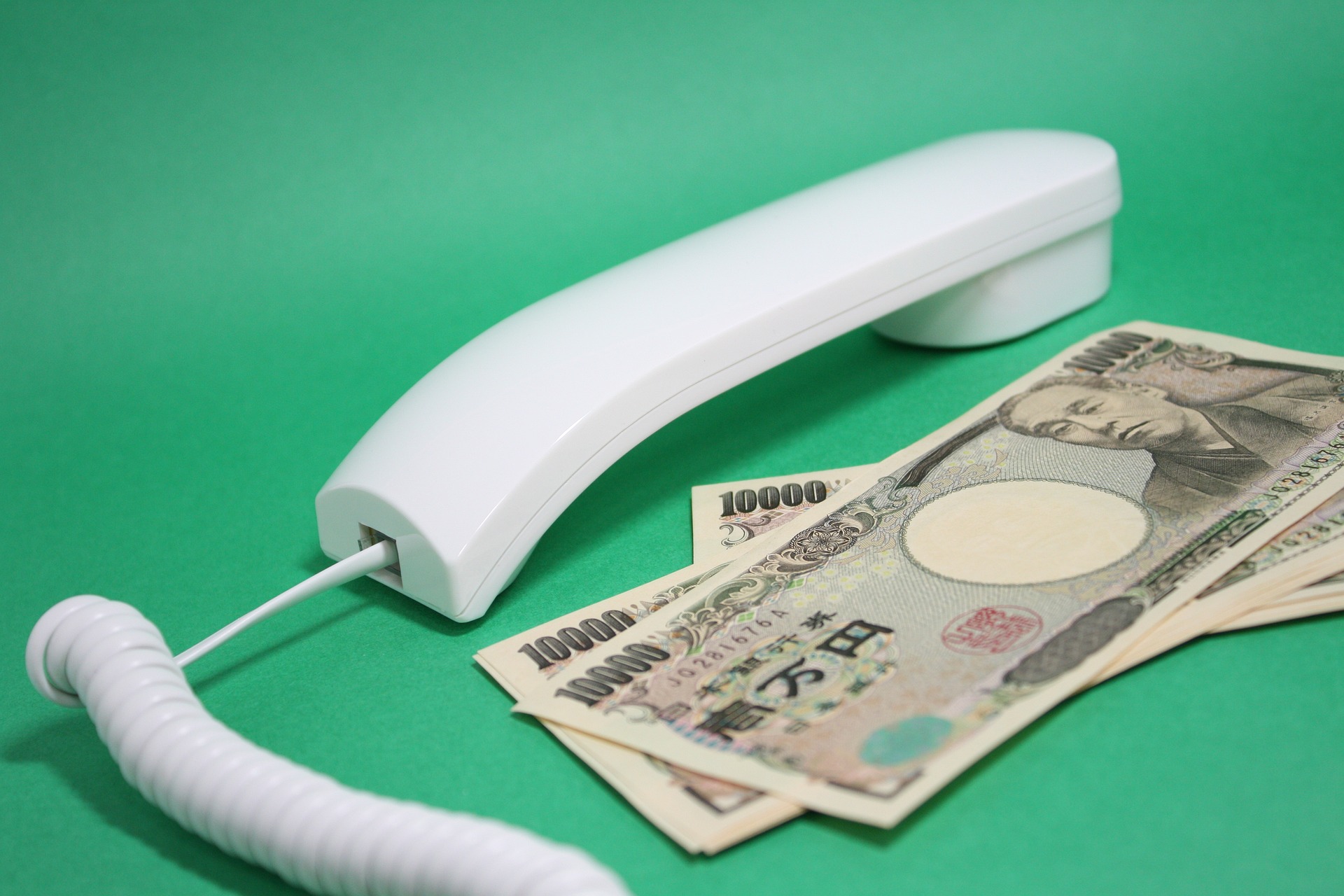
The world of stocks and trading experiences seismic shifts now and then, globally. Recently, there has been another such development when the Japanese Yen’s value plummeted to a staggering 34-year low against the US dollar.
Does this news send shockwaves through the trading market? Probably yes.
Let’s explore how the news turns investors towards the emerging stock market of India, a realm in which the ramifications reverberate deeply. This and much more in this news article.
What happened
Japanese currency dropped to its lowest level since 1990. This happened after a meeting of the Japanese leading monetary companies. They engaged in a discussion regarding the significant devaluation of the currency and alluded to their readiness to intervene if required.
What do experts say?
However, it is expected by analysts that the Indian automotive sector and companies engaged in importing electronic things, machinery, and other types of auto components from Japan will benefit from the recent 34-year low of the Japanese Yen. Notwithstanding this, they anticipate a marginally positive to neutral effect on the markets as a whole.
How does it affect the Indian Market?
In a recent interview, the CA Krishnan R, Director and CEO of Unimoni Financial Services Limited said that the weakening of the Yen can actually pose significant effects on various sectors in India. This is relevantly true for the automotive industry. The Indian automotive market depends heavily on Japanese automobile manufacturing. Further, the automotive industry in India is also growing like wildfire. As a result, many Indian companies will look to collaborate with Japanese companies for components and technology exchange. The lowest value of Yen will bring in more ROIs and more affordable deals for Indian companies.
Japanese Yen Facts Detailed
Additionally, Krishnan emphasized that the largest gainer is anticipated to be Maruti Suzuki India Limited (MSIL), the largest passenger car manufacturer in the country.
“A weaker yen will result in Japanese goods being priced relatively lower on international markets,” he continued. “This will be particularly advantageous for Maruti Suzuki and the Indian automotive industry.”
Additionally, a multi-bagger EV stock below the 100 reaches the upper circuit for the second consecutive day…a 3300% rally in three years
Sharp, Maruti Suzuki and Motherson Sumi are a few of the Japanese-origin stocks that are probable to be in focus ahead of the week.
Analysts further stated that importers will benefit from the depreciation of the Japanese yen. “Importers will benefit from the depreciation of the Japanese yen, as they will be required to pay fewer rupees for their yen imports due to the rupee’s narrow range.” “As of earlier in February 2022, 100 Yen was valued at ₹65; that price has since decreased to ₹55,” as quoted by Anil Kumar Bhansali, Head of Treasury and Executive Director at Finrex Treasury Advisors LLP, source Economic Times.
Further, Bhansali said that if royalty payments are made by companies in the value of Yen, then the outgoing will be on the lower side. Indian imports can experience an elevation, especially in machinery, auto components, and electronics. As of now, the main imports from Japan to India are metals, electric machinery, iron, and steel.
Commerce between India and Japan
The value of bilateral commerce between Japan and India for the fiscal year ending 2022-23 was $21.96 billion. Japanese imports amounted to $5.46 billion, whereas exports comprised $16.49 billion of this aggregate.
The Japanese yen depreciated substantially over the past week, falling to a 34-year low of 151.975 yen per dollar. The Bank of Japan responded by purchasing Japanese government bonds as an intervention. The Bank of Japan reportedly purchased bonds totaling 87.5809 trillion yen ($578.55 billion) during the fiscal year that concluded in March. In contrast to this intervention, record JGB purchases of 135.989 trillion yen ($898.33 billion) were made the year prior.
Read more interesting blogs about Japanese stocks and technology on our blog.
